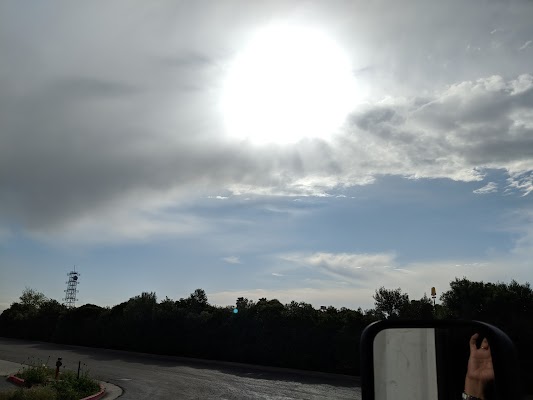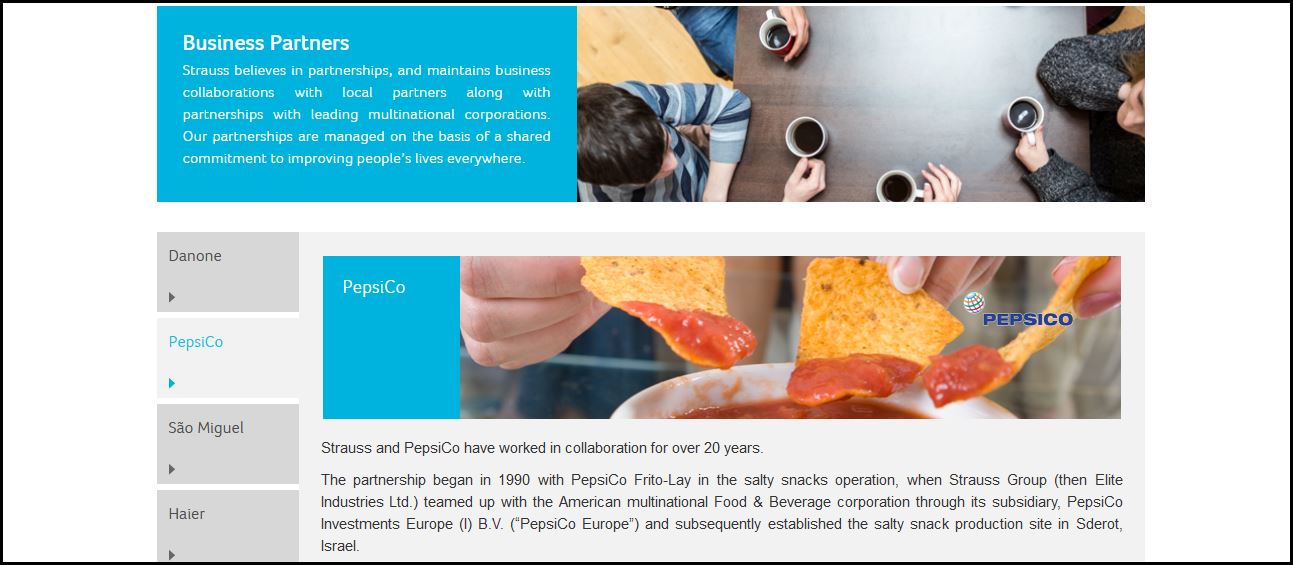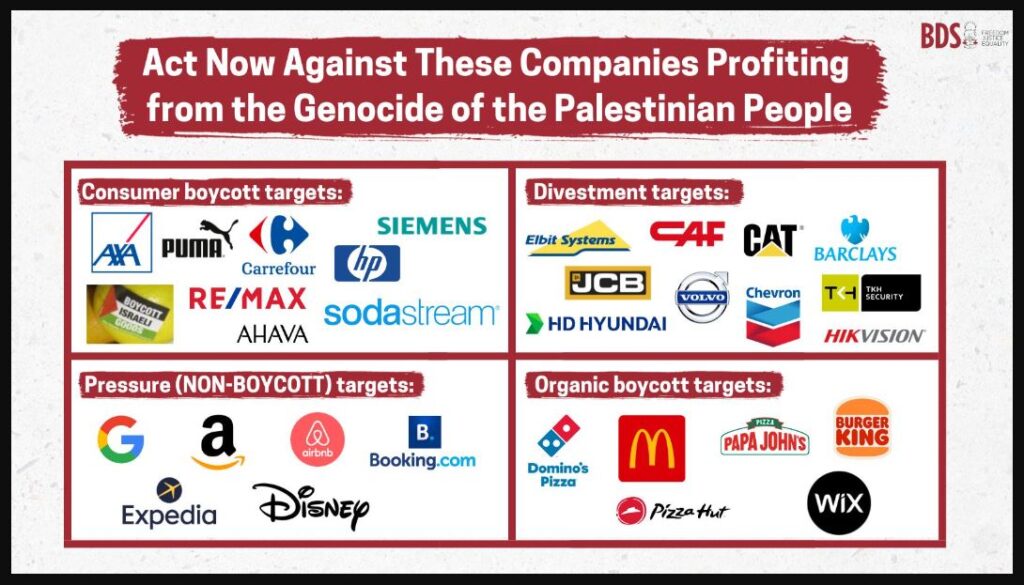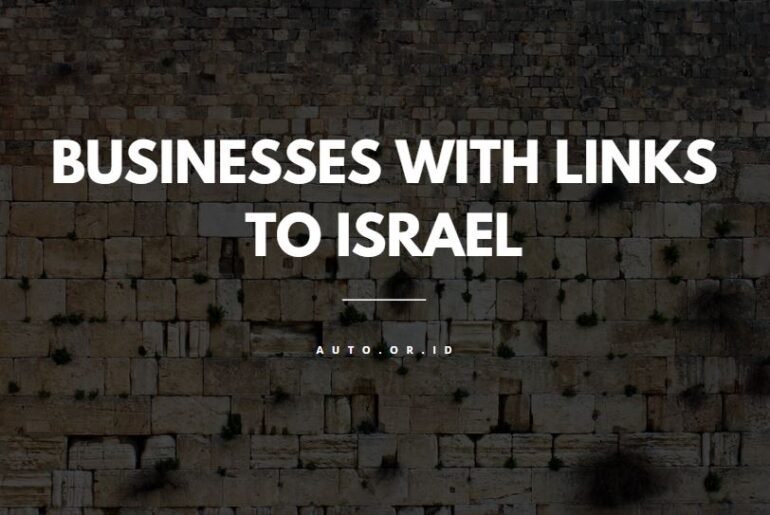Tropicana is a well-known brand of fruit-based beverages that is owned by PepsiCo, a multinational food and beverage company based in the United States. PepsiCo was founded in 1965 through the merger of Pepsi-Cola and Frito-Lay. The company is headquartered in Purchase, New York, and has a presence in over 200 countries worldwide. PepsiCo is recognized for its diverse portfolio of popular food and beverage brands, including Pepsi, Lay’s, Gatorade, Quaker, and of course, Tropicana.
PepsiCo was founded by Donald M. Kendall, who served as the company’s CEO from 1965 to 1986. Kendall had a distinguished career in the food and beverage industry before co-founding PepsiCo. He was born in Washington, D.C. in 1921 and grew up in Rye, New York. Kendall attended Princeton University, where he studied history and played on the baseball team. Throughout his career, Kendall was widely recognized for his leadership and strategic acumen. Under his guidance, PepsiCo became one of the largest and most successful companies in the beverage and snack industry.
In addition to its ownership of Tropicana, PepsiCo has also made a significant acquisition in the beverage industry by purchasing Sodastream, an Israeli company. Sodastream is known for its line of home carbonation systems that allow consumers to make their own sparkling water at home. The acquisition of Sodastream by PepsiCo in 2018 marked a strategic move to expand its presence in the home beverage market and tap into the growing demand for healthier and more sustainable beverage options. This acquisition further solidified PepsiCo’s position as a global leader in the beverage industry and showcased its commitment to innovation and addressing changing consumer preferences.
See also: Unmasking The Apple Support Israel Connection

Pepsi Beverages Co in the U.S
Tropicana PepsiCo and Allegations of Israel Support
The collaboration between Strauss Group and PepsiCo has undoubtedly brought immense economic benefits to Israel, further bolstering their activities in the occupied Palestinian territories. With a rich history spanning over 80 years, Strauss Group has established itself as a global food and beverage company, thanks in large part to its partnership with PepsiCo.
The partnership began in 1990, when Strauss Group joined forces with PepsiCo’s subsidiary, PepsiCo Investments Europe (I) B.V., to establish a salty snack production site in Sderot, Israel. This collaboration paved the way for a series of agreements, with each company holding a 50% share capital in Strauss Frito Lay. Through a licensing agreement, Strauss Frito Lay has exclusive rights to manufacture, distribute, and sell various snacks in Israel.
Expanding beyond snacks, Strauss and PepsiCo extended their collaboration in 2008 to the Dips & Spreads category. This partnership led to the formation of Sabra Dipping Company, Inc., which quickly became the market leader in North America. With PepsiCo’s interest in the health category, this collaboration allowed them to enter into the refrigerated Dips & Spreads market in the USA and Canada.
Not content with their success in North America, Strauss and PepsiCo announced in 2012 the launch of a new global Dips & Spreads product line under the Obela brand. This further solidifies their commitment to consumer health while leveraging Sabra’s market dominance.
While these business ventures may seem lucrative and beneficial for PepsiCo and Strauss Group, it is important to acknowledge the ethical implications of their actions. By actively contributing to the economic development of Israel and supporting its activities in the occupied Palestinian territories, PepsiCo is indirectly participating in and perpetuating the occupation and colonization of Palestinian land.
It is crucial to recognize that economic partnerships such as this can have long-lasting and far-reaching effects on oppressed communities. The Palestinian people, who have endured decades of displacement, violence, and dispossession, continue to suffer from the consequences of Israeli occupation. By engaging in partnerships that benefit Israel at the expense of Palestinian rights, PepsiCo is essentially endorsing and enabling these oppressive practices.
In conclusion, the collaboration between Strauss Group and PepsiCo has undoubtedly bolstered economic activities in Israel. However, it is important to critically examine the ethical implications of such partnerships, particularly when they involve countries involved in occupation and colonization. As consumers, we have a responsibility to hold companies accountable for their actions and to support businesses that prioritize ethical practices and human rights.

PepsiCo and Israeli Strauss Groups
While Tropicana may not be officially designated on the boycott list as outlined on BDS Movement, it finds itself featured on platforms like Thewitness, which compiles information about companies associated with the Israeli occupation.
Exploring Corporate Views on the Israeli Occupation
To access an extensive list of companies linked to Israel or with origins in the region through the Israeli Product Checker provided above, follow these straightforward steps:
- Input the brand or product name into the specified field.
- Press enter to initiate the search.
- Uncover detailed insights into the brand’s affiliations with Israel.
After understanding the association between the Tropicana brand by Pepsi and its support for the establishment of Israel in Palestinian territory, it would be beneficial for you to explore several other well-known companies and products.
Below is a comprehensive list of companies that have contributed to and expressed their support for Israel, spanning various industries such as fashion, fast food, and tech giants.

The list of companies officially targeted for boycott by the global BDS movement
With the references above, consumers are encouraged to be more aware of their consumption choices and the flow of money to ensure that our resources are not used to harm humanity and violate the rights of Palestinian citizens. For further information on globally boycotted companies, you can explore sites such as bdsmovement.net and whoprofits.org.

